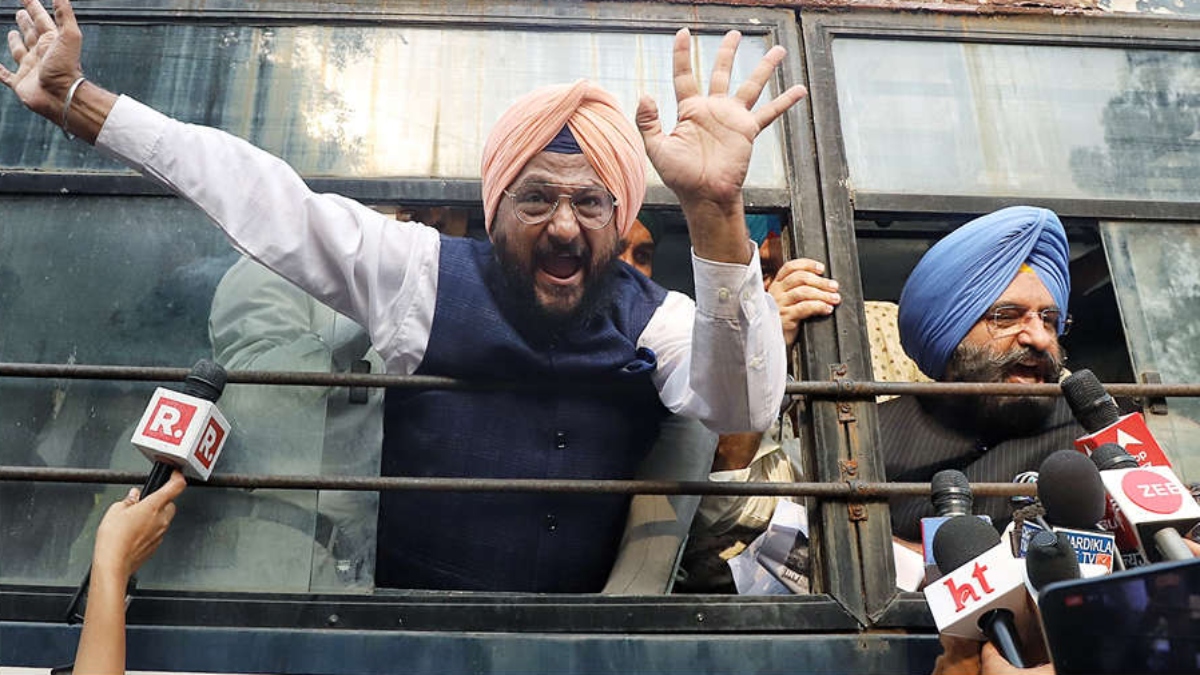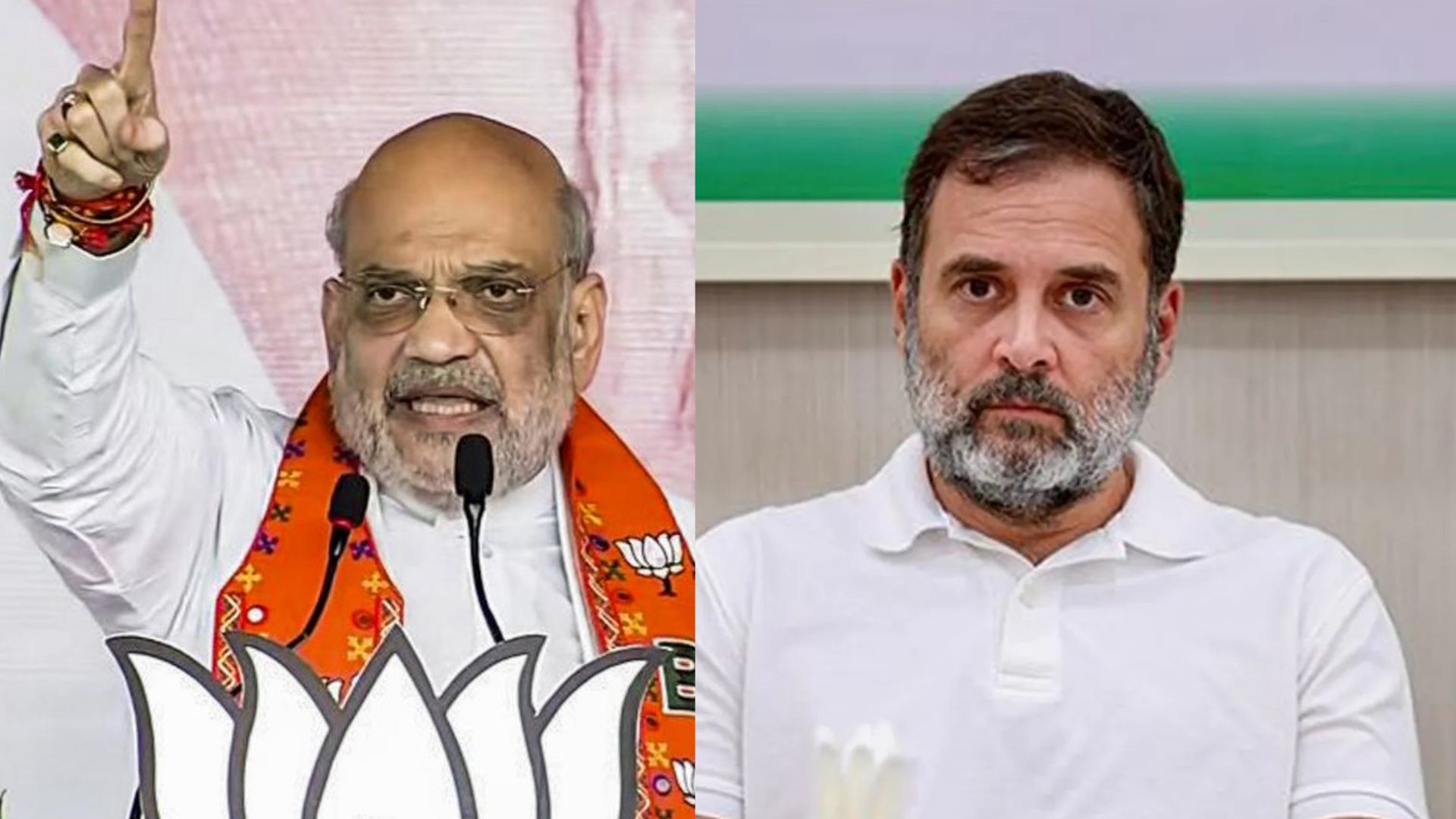
Several recent incidents wherein the State police machinery has been used to settle political scores is something that shall hurt our democracy in the long run. The judiciary, particularly, the Apex Court must take cognizance of what is happening around us and give appropriate directions to the Centre and the States to ensure that the rule of law is upheld under any circumstances. The Tajinder Pal Bagga episode in the national capital has in fact lowered the faith of the common man in the criminal justice system besides proving to be a major embarrassment for the police forces of three States. A Punjab police party arrived in Delhi and picked up the BJP activist from his house in Janakpuri before heading back to Mohali. Another party arrived at the Janakpuri police station to provide information of the man’s arrest. The Delhi police reacted by registering an FIR of abduction against the Punjab police and sought the help of the Haryana police to stop the party from taking Tajinder away to Punjab by road. The Haryana police stopped the Punjab police near Kurukshetra and got Tajinder released and sent back to Delhi. All this while politicians traded charges against each other without caring what these actions were doing to the prestige and dignity of the police in general.
The drama continued after a Mohali court ruled the actions of the Delhi Police and Haryana police as illegal and issued arrest warrants against Tajinder, who had by this time become a sort of a hero in the right-wing circles. The battle went to the Punjab and Haryana High Court which has in its latest order asked the police not to take any coercive action against the BJP activist till Tuesday. A few days earlier, a similar thing happened in Gujarat from where a contingent of Assam police whisked away Jignesh Mevani, a prominent political leader and took him to Guwahati. He was subsequently released on bail after the Courts intervened. In Mumbai, Navneet Rana, MP and her MLA husband, Ravi Rana were similarly acted on by the Maharashtra police which first booked them for disrupting law and order and have now slammed charges of sedition against them. Such incidents are happening in other states as well and the result is that they are eroding the basic postulates of democracy where the rule of law should prevail always.
The Indian Penal code is very strong and has relevant sections for every infringement. However, they should be used judiciously and taking into account the wide-ranging ramifications. The judiciary has the responsibility of guarding our legal system and must not allow any erroneous impression to arise regarding its impartiality and that it was susceptible to pressure from those in power. It is equally important to settle the jurisdiction issue. A firm view on this needs to be taken to determine whether the jurisdiction of registering a case lies with the police where an offence is allegedly committed or anyone anywhere in the country can file a complaint and the police of that area therefore is dutybound to act on it. It is totally unacceptable that police of one state should be pitted against the police of another state. The law is uniform throughout the country and this Khaki versus Khaki conflict is unnecessary and diminishes the belief of the common people in the rule of law. This, the courts must never allow.














